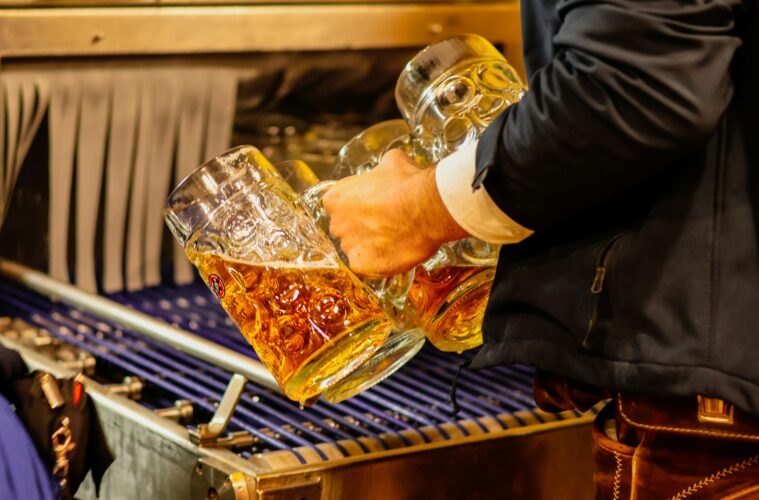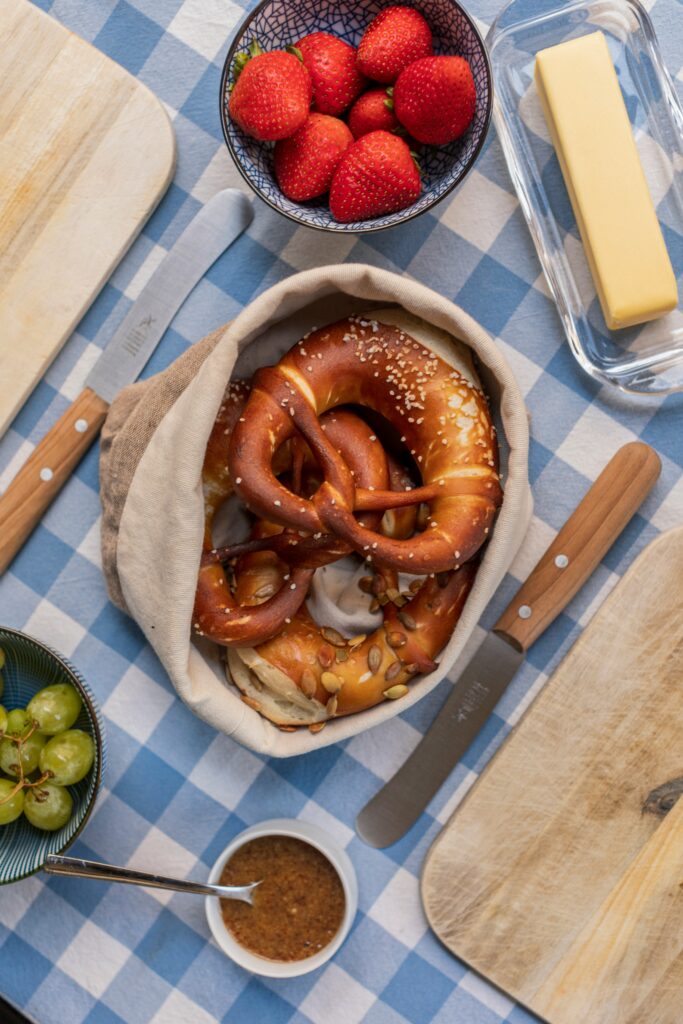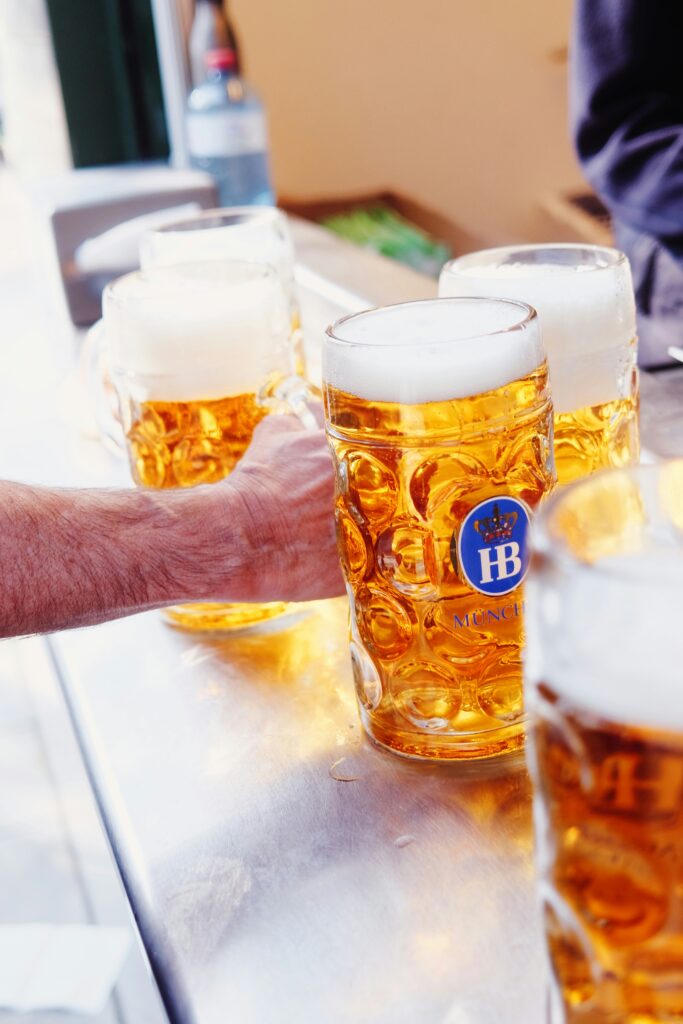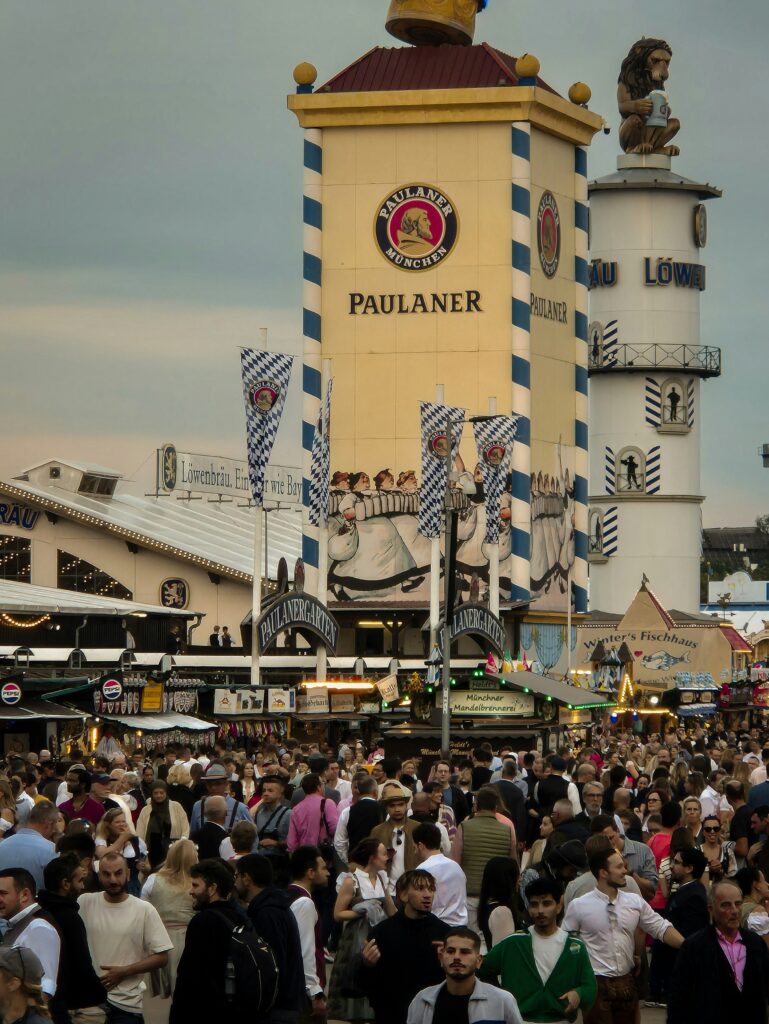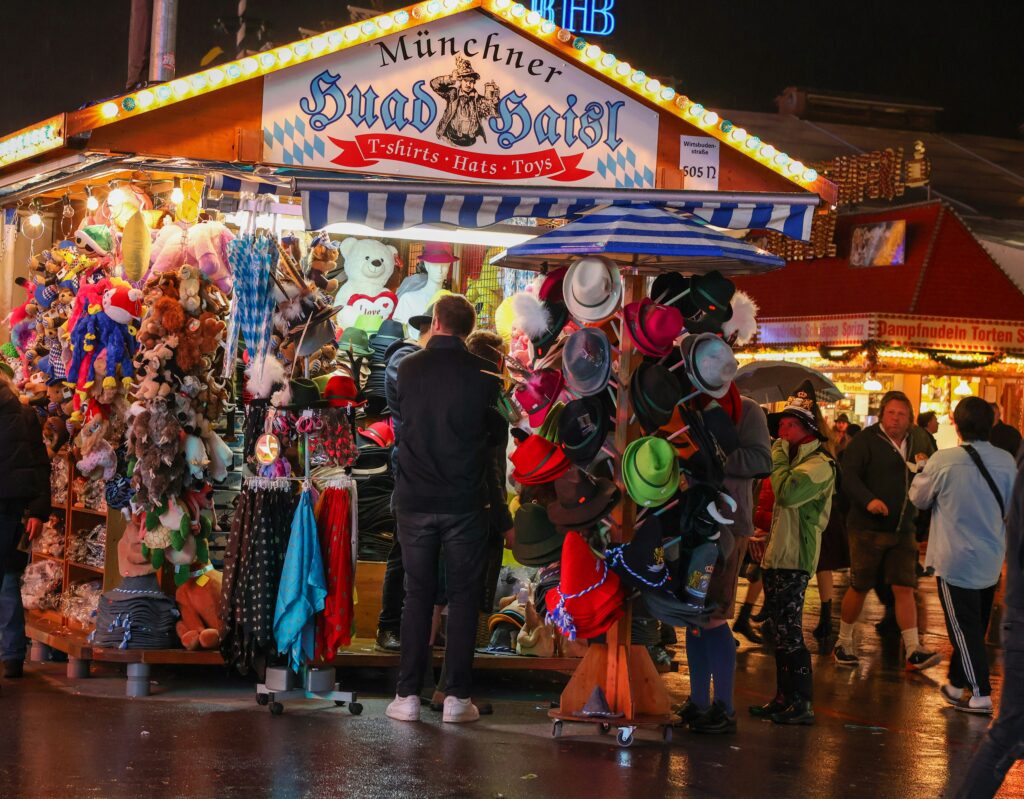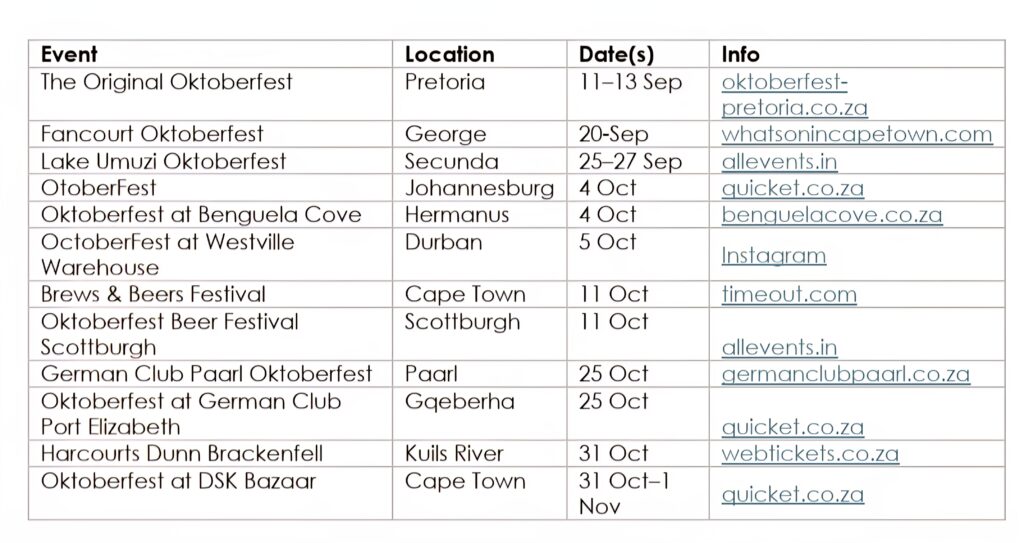IN GOOD SPIRITS WITH LEAH VAN DEVENTER
Oktoberfest, Mzansi Style
Late September and early October each year, South Africa’s spring air carries the clink of steins, the energy of oompah bands and the scent of sausages sizzling over open flames. It’s Oktoberfest, Bavaria’s gift to the world, a festival that has long outgrown its Munich origins to settle comfortably into fields, halls and beer gardens from Cape Town to Durban.
The story begins in 1810, with a royal wedding in Munich. Crown Prince Ludwig married Princess Therese, and the city threw a party that would echo for centuries. Horses raced, beer flowed and the guests celebrated late into the night.
That inaugural festival, centred on a marital union, sparked a tradition that would evolve into a worldwide ode to camaraderie, music and the golden brew of fermented grain.
Munich’s fields swelled annually with both locals and visitors, drawn to the intoxicating carnival atmosphere.
By the 1960s, the horseracing had fallen away, and Oktoberfest’s signature elements were long tables, brass bands, lederhosen, dirndls and, of course, mega pints – a compilation of Bavarian pride, brewer ingenuity and sheer human thirst for revelry.
Märzen, the traditional beer brewed specifically for the occasion in its namesake month of March, was largely replaced with Festbier, a simpler sipper appealing to a wider palate.
As German immigration accelerated post World War Two, they carried the concept with them, and South Africa, with its German communities in Gauteng, KwaZulu-Natal and the Western Cape, became one of the festival’s far-flung outposts.
What began as small gatherings of expats eventually ballooned into largescale, commercialised Oktoberfests that attract thousands, including family friendly add-ons such as rides and markets.
Modern South African celebrations are a careful balancing act between authenticity and home-grown flavour, where imported German brews feature alongside local craft offerings.
Breweries see it as a platform for experimentation, introducing seasonal beers, collaborative brews and modern twists on classic recipes. In a way, the festival has become a laboratory for cultural exchange, where heritage meets contemporary craft.
Attendees don Bavarian threads, if only for a day, and sip beers that sometimes whisper of Munich, and sometimes shout of Stellenbosch, while both oompah and live local bands keep the pulse steady.
This compromise does not extend to the food, however: Bratwurst, pretzels, sauerkraut and schnitzel are firmly the order of the day.
So, whether you’re raising a frothy stein under Cape Town’s skies, singing along to an oompah band in Pretoria or sampling a brewer’s seasonal creation in Durbs, Oktoberfest in South Africa is as much about community as it is about beer.
The spirit of Munich may be an ocean away, but its echo rings loud and clear here. The only question remains: where will you celebrate?


